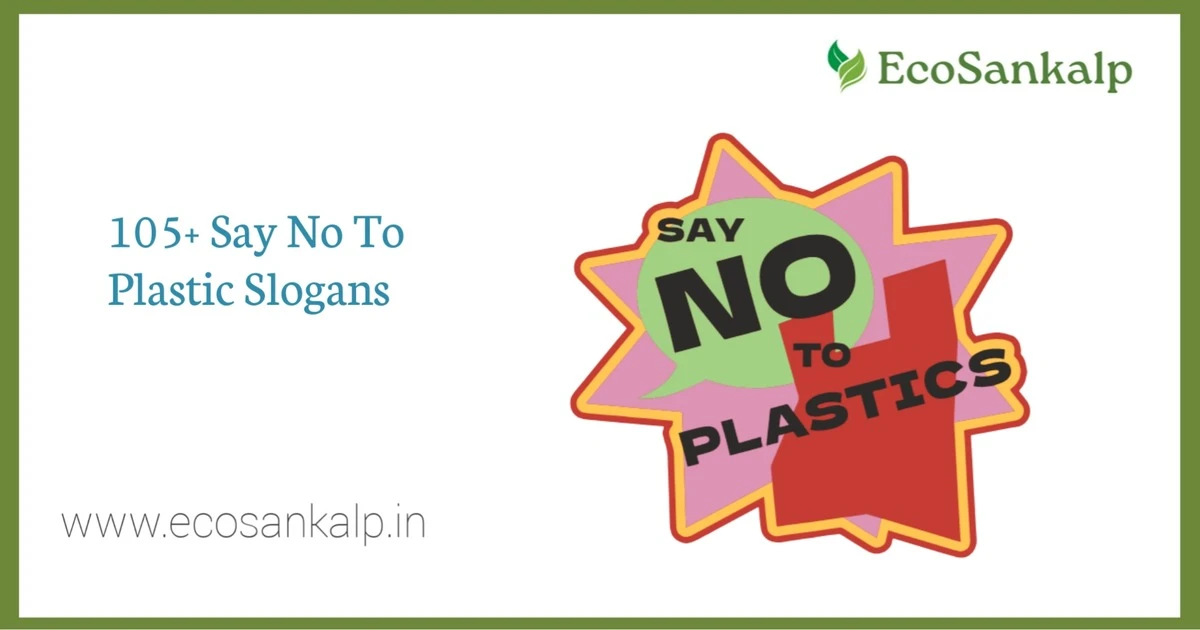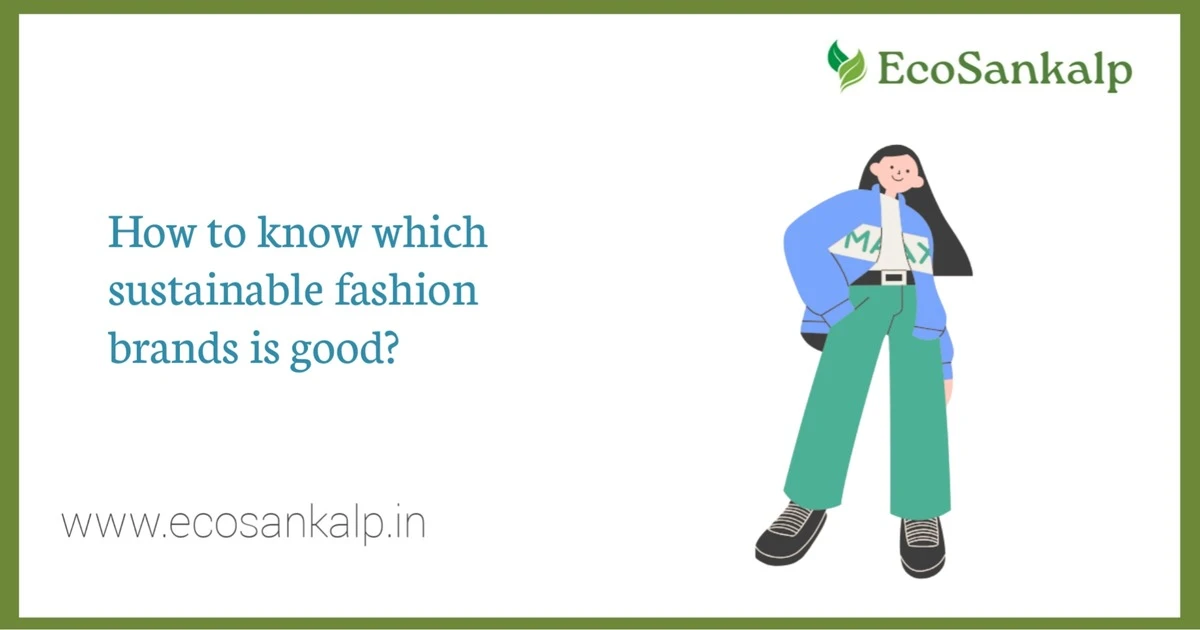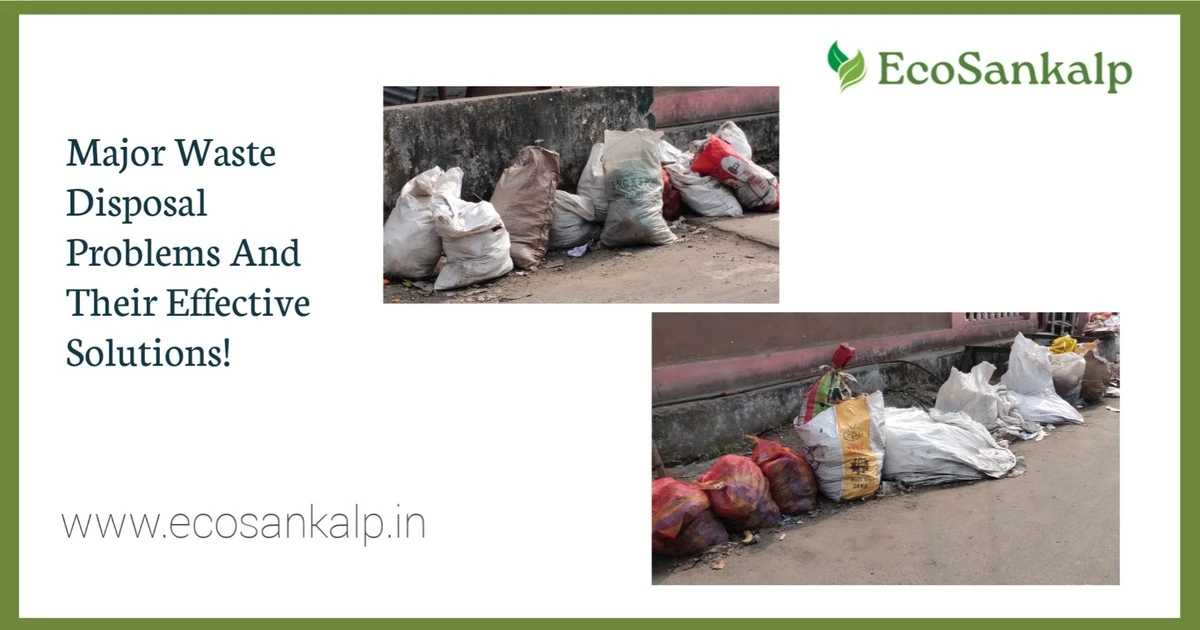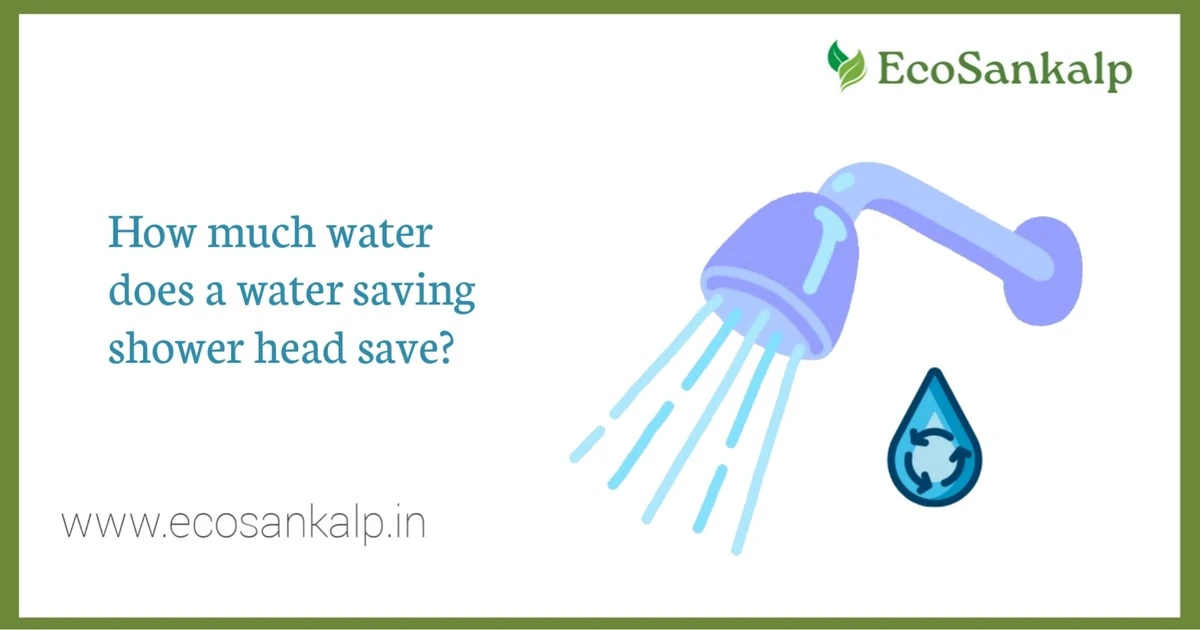100 Ways To Reduce Plastic Use In Daily Life
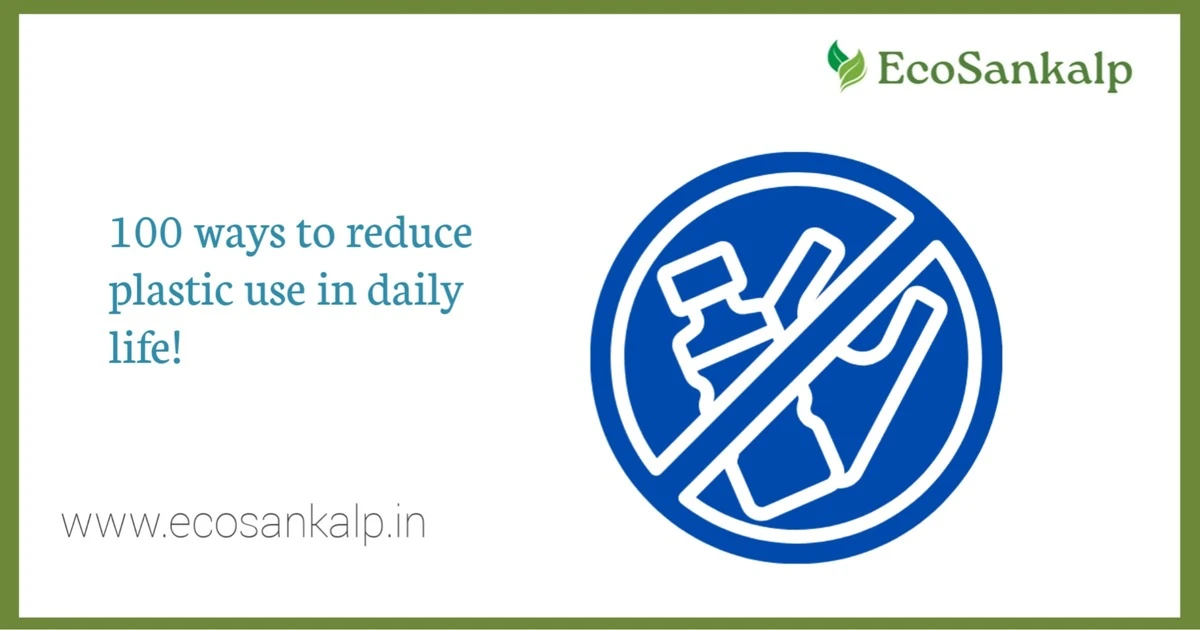
Plastic pollution has a vital role in causing various environmental issues like global warming, climate change, soil infertility, water pollution, and health risks to humans and other lives on the planet.
According to UNEP.org, the harmful chemicals released from plastic items can be harmful to lives and the environment.
What we can do to mitigate those issues and save our one and only ‘Earth’ is to recycle and properly dispose each plastic product after use.
And we should try to reduce every possible way of using plastic-made products for a better and greener environment.
To help you in this regard, I have shared 100 doable ways (that I also follow in my life) to cut plastic use in day-to-day lives.
Also, I have shared the benefits of reducing plastic usage in our lives and the environment to motivate yourself towards a plastic-free lifestyle.
Page Contents
What Is Plastic-free Lifestyle?
Plastic-free lifestyle refers to plastic-free living that aims to minimize or completely eliminate the use of plastic items. In other words, a Plastic-free lifestyle means a way of living that does not include the use of toxic plastics that could be the reason for many environmental and life issues if they are not properly disposed of after being used.
Key aspects of a plastic-free lifestyle include:
- Reducing Plastic Consumption: A plastic-free lifestyle constantly aims to reduce plastic consumption, especially, single-use items like plastic carry bags, plastic water bottles, plastic straws, etc.
- Reusing Items: The lifestyle encourages to reuse of old items to eliminate the need for new ones that might bring more plastic at home through the product itself or packaging.
- Recycling responsibly: This lifestyle makes a person responsible and encourages individuals to practice recycling each product after complete use.
- Choosing alternatives: Plastic-free living starts with choosing the right alternative of plastic items that are made of bamboo, paper, or any other biodegradable materials.
- Raising awareness: The lifestyle encourages individuals to raise their voices for awareness with a motive to influence people towards a least or zero plastic living to be responsible human beings.
Why We Need To Cut Plastic Use?
These are some points – why we need to say no to plastic items.
1) To Protect The Environment: If anyone throws plastic items like carry bags anywhere in the landfills, remember that they could take 100 years or even more to decompose naturally, meaning they live and take up space for many years.
Moreover, when they react with water and sunlight, they start releasing various harmful chemicals that cause soil pollution, water pollution, air pollution, etc.
Not only that, those harmful chemicals also become the reason for rising global warming, climate change, deforestation, and environmental degradation.
2) To Save Lives: Some of the harmful chemicals released from plastic waste can cause various health issues such as cancer, birth defects, childhood development issues, and problems with the immune system. Plastic waste is also harmful to animals, birds, insects, etc.
Not only that, the plastic waste we create and toss away will end up in the oceans, resulting in ocean pollution and marine life degradation.
3) For Greener Future: Obviously, if we all commit to recycling or properly dispose each plastic waste we create on a daily basis would change the environment significantly.
More effectively, if we all reduced our daily plastic items consumption, imagine how many tons of plastic waste would be avoided.
Eventually, the Earth will become more greener and we will have a fresh and pollution-free environment to enjoy.
How To Reduce Plastic Use In Daily Lives?
Here are 100 plus simple ways that you can follow in your daily life to start a plastic-free life.
| 1. | Use reusable water bottles instead of disposable ones. |
| 2. | Carry a reusable coffee cup or thermos. |
| 3. | Bring your own reusable shopping bags. |
| 4. | Say no to plastic straws; use metal, bamboo, or paper alternatives. |
| 5. | Choose products with minimal or no plastic packaging. |
| 6. | Buy in bulk to reduce packaging waste. |
| 7. | Opt for glass or stainless steel food storage containers. |
| 8. | Say no to single-use plastic carry bags. |
| 9. | Avoid buying single-use water bottles. |
| 10. | Consider going to local farmer’s markets and purchase their fresh fruits and veggies (to avoid buying plastically packed). |
| 11. | Buy stainless steel lunch boxes for your children to carry their lunch to school. |
| 12. | Carry your own reusable steel beverage container. |
| 13. | Use reusable or biodegradable drinking straws. |
| 14. | Replace plastic Tupperware with glass or steel containers to store food in the kitchen. |
| 15. | Avoid buying plastic packaged milk. Instead, get your milk delivered every morning without packaging. |
| 16. | Buy laundry detergent in boxes, not liquid in plastic containers. |
| 17. | Choose plastic-free organic decorations to reduce plastic use. |
| 18. | When hanging wet clothes in the open air, use wooden pegs instead of plastic ones. |
| 19. | Use stainless steel sippy cups for kids, avoid plastic-made ones. |
| 20. | Choose plastic-free chewing gum. |
| 21. | Say no to plastic wrapping when buying stuff. |
| 22. | Choose plastic-free gift items for your loved one. |
| 23. | Say no to plastic belts. |
| 24. | Bring your own reusable coffee cup to coffee shops. |
| 25. | Avoid chocolates that are packaged in plastic. |
| 26. | Say no to plastic wrapping to your gifts. |
| 27. | Clean with baking soda and vinegar instead of cleaners packaged in plastic. |
| 28. | Choose plastic-free tiffins or bottles to borrow at work and the office. |
| 29. | Make your own bread at home, to avoid buying plastic-packed. |
| 30. | Or, buy bread from bakeries that package in paper. |
| 31. | Say no to plastic mobile covers. |
| 32. | Bring your own reusable containers to restaurants to package leftovers. |
| 33. | Buy local farm fresh eggs in reusable paper containers. |
| 34. | Avoid using plastic straws at restaurants; request paper or reusable alternatives. |
| 35. | Bring your own containers for restaurant leftovers instead of using plastic takeout containers. |
| 36. | Choose plastic-free alternatives for personal care items like toothbrushes and hairbrushes. |
| 37. | Choose natural cleaning tools like sponges made from cellulose or natural bristles. |
| 38. | Choose wooden or metal toys for children instead of plastic ones. |
| 39. | Choose plastic-free chewing gum, as traditional gum contains synthetic rubber. |
| 40. | Avoid using plastic cutlery at picnics or events; bring your own reusable utensils. |
| 41. | Compost organic waste to reduce the need for plastic trash bags. |
| 42. | Purchase second-hand items instead of new ones to reduce demand for plastic packaging. |
| 43. | Participate in beach or river clean-up efforts to remove plastic waste. |
| 44. | Choose products with minimal or no packaging when possible. |
| 45. | Support businesses that offer plastic-free alternatives. |
| 46. | Avoid using plastic wrap; opt for reusable beeswax wraps or silicone lids. |
| 47. | Invest in a reusable razor instead of disposable ones. |
| 48. | Choose natural fibers like cotton, wool, or hemp over synthetic materials, which shed microplastics. |
| 49. | Choose beverages sold in glass bottles instead of plastic ones. |
| 50. | Use matches or a refillable lighter instead of disposable plastic lighters. |
| 51. | Refuse plastic utensils when dining out. |
| 52. | Choose products with eco-friendly packaging, such as cardboard or compostable materials. |
| 53. | Make your own cleaning products using simple ingredients at home. |
| 54. | Bring your own containers for takeout and leftovers. |
| 55. | Avoid purchasing single-serving snacks wrapped in plastic. |
| 56. | Choose wooden or bamboo utensils instead of plastic ones. |
| 57. | Purchase bar soap instead of liquid soap in plastic bottles. |
| 58. | Use cloth towels instead of paper towels. |
| 59. | Choose natural fiber rugs and carpets over synthetic options. |
| 60. | Use cloth diapers instead of disposable ones. |
| 61. | Use stainless steel or glass water bottles for hydration on the go. |
| 62. | Make your own snacks instead of purchasing individually wrapped ones. |
| 63. | Choose plastic-free alternatives for kitchen tools like wooden or stainless steel utensils. |
| 64. | Use a reusable cloth bag or basket for grocery shopping instead of plastic bags. |
| 65. | Choose plastic-free options for office supplies like pens and notebooks. |
| 66. | Choose plastic-free alternatives for gardening supplies like pots and tools. |
| 67. | Choose plastic-free alternatives for cleaning supplies like sponges and brushes. |
| 68. | Choose plastic-free options for pet supplies like toys and food dishes. |
| 69. | Don’t use single-use or plastic gardening gloves. |
| 70. | Use natural rubber gloves when working in your garden. |
| 71. | Say no to shampoo filled in plastic bottles. |
| 72. | Don’t use plastic packaged hair color. |
| 73. | Choose plastic-free camping equipment like a plastic-free tent. |
| 74. | Choose toilet paper that’s not wrapped in plastic. |
| 75. | Choose a plastic-free Christmas tree. |
| 76. | Choose non-plastic furniture. |
| 77. | Look for plastic-free slippers and shoes. |
| 78. | Avoid deodorant in plastic containers. |
| 79. | Choose plastic-free gift cards. |
| 80. | Bring your own plastic-free travel mug. |
| 81. | Avoid feeding pets with plastic bowls, instead, use steel bowls. |
| 82. | Go for a natural or biodegradable Christmas tree for a plastic-free Christmas celebration. |
| 83. | Don’t wrap gifts using plastic tape, look for it’s alternatives. |
| 84. | Buy your meat from the deli and have it wrapped in paper. |
| 85. | Reuse old plastic things or take them for any other use. |
| 86. | Avoid plastic dining table and chairs. |
| 87. | Avoid plastic spoons, go for reusable steel spoons. |
| 88. | Choose stainless steel trays, instead of plastic ones. |
| 89. | Use bamboo chopsticks. |
| 90. | Use wooden or bamboo hair brushes and combs. |
| 91. | Request plastic-free gifts for yourself on your special day. |
| 92. | When you’re ongoing put that chocolate or ice-cream plastic cover in your bag, and throw it when you find a dustbin. |
| 93. | Request plastic-free packaging when ordering anything online. |
| 94. | Choose lotions and lip balms in plastic-free containers. |
| 95. | Educate your kids about plastic-free living. |
| 96. | Make your own fruit juice at home instead of buying plastic bottles. |
| 97. | Sometimes, make a special dish at home for your furry pet to avoid buying from the outside. |
| 98. | Choose Eco-friendly brands for your needs! |
| 99. | Avoid kitchen knives with plastic handles, opt for bamboo ones. |
| 100. | Choose a Bamboo Toothbrush instead of a plastic ones. |
| 101. | Participate in colony cleaning. |
| 102. | Learn some ways to preserve foods without plastic. |
| 103. | Recycle instead of throwing that end up in your surroundings. |
| 104. | Choose plastic-free self-care items. |
| 105. | Prefer Ice Cream in a cone to avoid plastic. |
What Are The Benefits Of Saying No To Plastic?
Hopefully, the list of benefits inspires you to cut-off plastics from your life.
1. Clean & Green Environment: Globally, there are tons of plastic waste produced daily, which results in more pollution to the environment.
The more plastic pollution, the more environmental problems (deforestation, global warming, climate change, health issues, etc.) we have to face.
So, if we reduce our daily plastic consumption and waste, our environment will become more fresh, clean, and green.
2. Improves Our Health: Plastic pollution is harmful to human life because it releases life-causing chemicals.
In its production, it releases dioxins, phthalates, vinyl chloride, ethylene dichloride, lead, cadmium, and other toxic chemicals.
And, after being ends up in the landfills, it can leech many of these harmful chemicals into the groundwater or food, which is how those chemicals get into our bodies and cause health issues. So, if we reduce our daily plastic consumption and waste we will have more fresh and organic water and food to have.
3. Improves Soil Fertility: In the surroundings where there is plastic pollution, the soil becomes chemical and infertile.
It releases harmful chemicals which can kill many good lives from the soil, resulting soil infertility.
So, more plastic pollution, more chemical goes into the soil, which results in harmful foods and drinks.
4. Leads To Less Waste: According to UNEP.org, one million plastic bottles are purchased every minute, while up to 5 trillion plastic bags are used worldwide every year. In total, half of all plastic produced is designed for single-use purposes.
And how many of us have recycling habits?
10% or even less, more than 90% of people toss away, which creates tons of waste that pollutes the environment severely. So, reducing plastic use in daily life should help us to reduce toxic waste.
5. Chemical-Free Water, Foods, To Have: If we decrease our plastic waste, the chemicals in the soil and water also decrease which leads to organic and chemical-free foods and water.
However, chemicals in foods and drinks are not only because of plastic pollution. But, we can reduce the level of chemicals in foods and drinks to some extent by reducing plastic use and waste.
6. We Can Save Animal And Marine Lives: We can often see animals and birds eating toxic plastic waste, surprisingly, that will be the reason for death for many of them.
Additionally, tons of plastic waste end up in the seas and oceans through rivers, resulting in more pollution in the oceans and harming the ocean’s lives. There are more ways plastic pollution can harm animals, birds, water lives, and human lives.
What Plastic Products Creates Most Waste In Daily Lives?
Curious – what plastic products create the most waste? According to rePropose.global, the following are the products we often use that contribute to the major plastic pollution.
1. Food and Beverages: Restaurant foods might be cool and convenient way to feed oneself but despites it’s coolness it generates significant amount of plastic-waste through their wrapping and covers.
However, you can avoid this by demanding for biodegradable packaging for your snacks.
2. Bottle and Container Caps: Bottle Caps are one of the ignored waste that people are usually not serious about. But, those small caps aid huge plastic pollution to the environment. Despite efforts to recycle them by the user, many end up in landfills or as litter.
3. Plastic bags: Plastic Bags are one of the common types of plastic waste that creates huge waste in the average home. So bring your own cloth bag or reusable shopping bag every time you go to market.
This way, you can avoid hundreds of single-use plastic bags (monthly) that might come to your home with your purchase.
4. Straws and Stirrers: Plastic Straws are another frequently used item that are typically, made for single use, which creates enormous waste.
In the contrast, you can bring your own bamboo straw or biodegradable straw at restaurant, office, in travel, etc. In this way, you can reduce the use of plastic items in daily life.
5. Beverage Bottles and Containers: From milk you buy every morning to the bottle of water usually buy when you’re on the go. These all might increase your plastic consumption.
Alternatively, you can bring your own reusable bottle when you’re going outside and second thing you can buy milk in a can. These types of small steps will help you cut plastic from your life.
Conclusion
So, above are the 100 ways that are easy to implement in your daily life. Although there are countless ways by which you can reduce your use of plastics.
You need to focus more to avoid single-use polythene or carry bags, water bottles, and more things that create daily waste.
However, cutting plastics from your regular life is not an easy task. And it will be hard to follow a plastic-free lifestyle and develop a habit towards it. But with determination and persistence, you can!
Ecosankalp.in is a leading sustainability blog in India. Our mission is to inspire and guide Indians towards a greener, healthier lifestyle. We aim to provide easy, practical tips for reducing waste, saving energy, and making sustainable choices every day. By sharing stories, ideas, and resources, we hope to build a community committed to protecting our beautiful planet for future generations. Let’s work together to create a cleaner, greener world to live!

